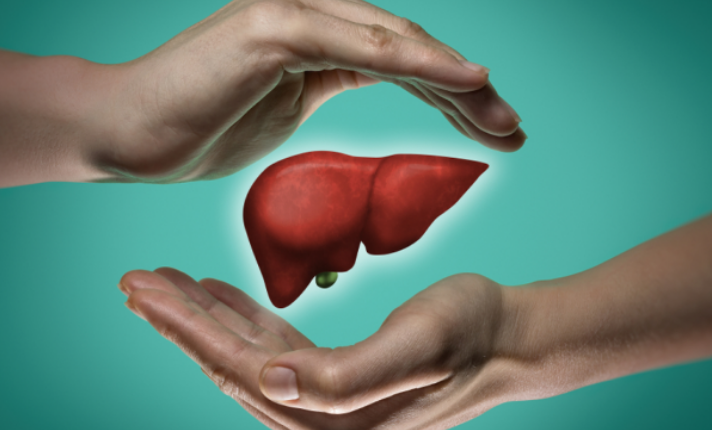Liver Infection: Causes, Symptoms, and Prevention
The liver plays a crucial role in filtering toxins from the blood, metabolizing nutrients, and regulating body processes. Liver infections can disrupt these functions, leading to severe health problems. The most common types of liver infections are caused by viruses, bacteria, and parasites.
Types of Liver Infections:
- Viral Hepatitis:
- Hepatitis A: Spread through contaminated food and water.
- Hepatitis B & C: Spread through blood, sexual contact, or from mother to child during birth.
- Hepatitis D: Requires Hepatitis B to infect.
- Hepatitis E: Spread through contaminated water, especially in developing countries.
- Bacterial Infections:
- Bacteria can cause abscesses in the liver, leading to pus formation and swelling. This condition is often linked to bile duct infections or complications following abdominal surgery.
- Parasitic Infections:
- Parasites like Entamoeba histolytica and Schistosoma can infect the liver, leading to inflammation and damage. These infections are typically transmitted through contaminated water or food.
Symptoms of Liver Infection:
- Jaundice (yellowing of the skin and eyes)
- Abdominal pain, especially on the upper right side
- Fatigue and weakness
- Nausea and vomiting
- Fever
- Loss of appetite
Prevention and Treatment:
- Vaccination: Hepatitis A and B vaccines are available to protect against these viral infections.
- Hygiene: Proper sanitation, clean drinking water, and good personal hygiene can help prevent liver infections, especially in areas prone to hepatitis A and E.
- Antiviral or Antibiotic Therapy: Depending on the type of infection, doctors may prescribe antiviral medications or antibiotics to fight the infection.
Early diagnosis and treatment are essential for preventing long-term liver damage. Regular health checkups and liver function tests are recommended for people at high risk of liver infections.


